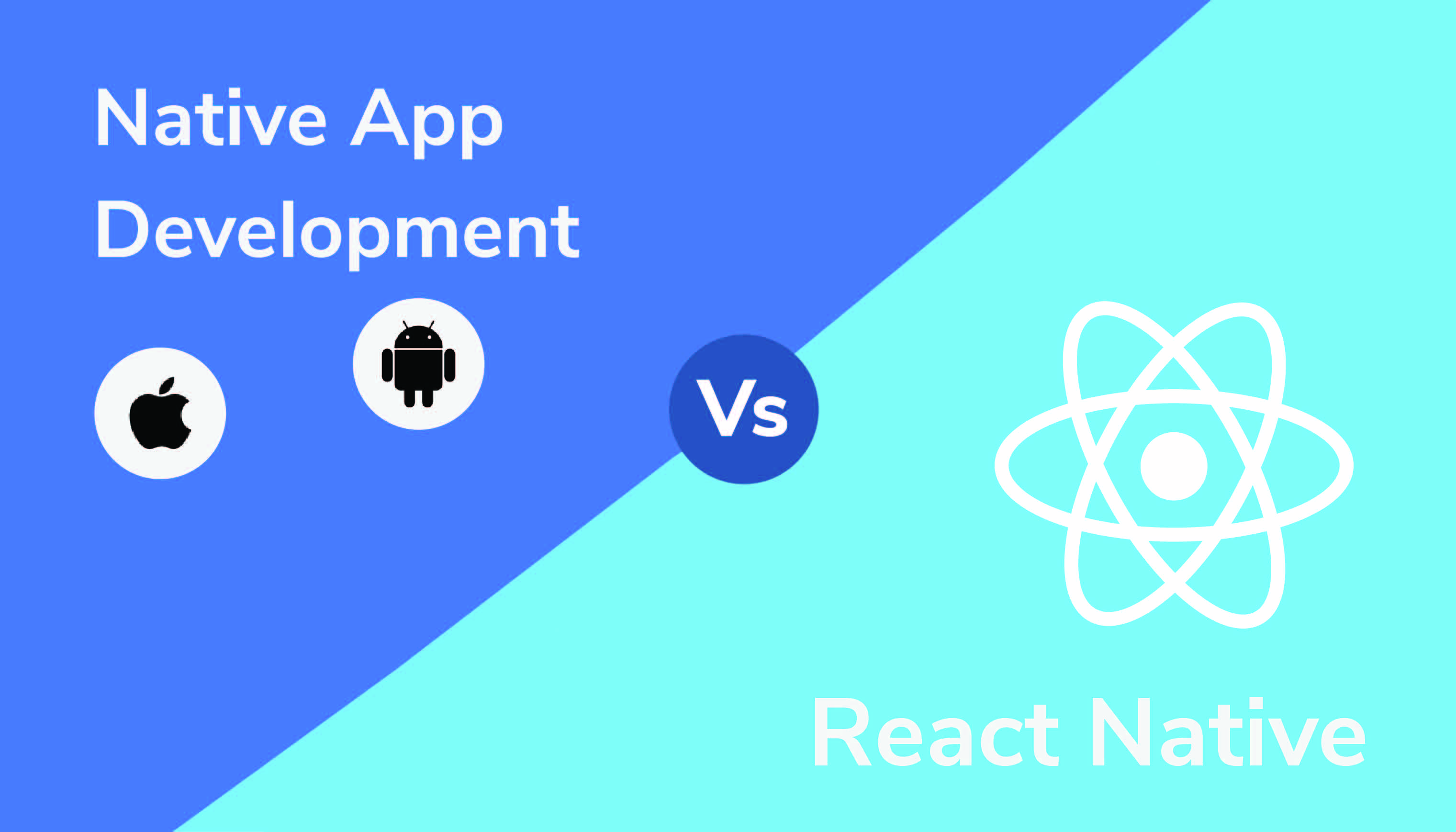Within a little more than a decade since its launch in 2008, the apps in iOS App Store have increased from 500 to 1.85 million. On the other hand, the Google Play Store (Former ‘Android Market’) for Androids which was launched in 2008, today in 2020 has about 2.96 million apps. Without a doubt, Mobile Applications have been an increase. When it comes to Mobile App development, native applications had been the most common. Now there has been a new framework developed termed as the React Native. This has lead to a debate of React Native vs. Native App Development. So, which method of development you should choose? Today we’ll help you choose.
What Is Native App?
Native apps are those software programs which will run on a specific platform and are developed through a native operating environment. Thus, when a Native app is being developed for a particular platform, the developer will make use of the programming language which is native for that platform only – such as Swift for iOS, Java for Android, C for iOS, etc. Native mobile apps are to be downloaded from the application stores which are specific to the platforms i.e. Google Play for Android and Apple’s App Store for iOS.
What Is React Native App?
React native is a cross-platform framework which is created by facebook for mobile app development. With react native, you can thus create a mobile app which can be accessed from both, Android and iOS platforms. Here, the multi-platform access is possible through development of one single codebase.
Now that we know the basic concept, let us discus the pros and cons of both so that you can make your choice.
The Native Development:
Pros:
Native applications directly interact with native API making direct use of native capabilities of the user device without any middle ware. Hence, they are highly responsive and give good performance; especially when it comes graphic heavy and performance centric apps. It also makes it easy for native apps to provide good data protection, stability and a maximum of app lifetime.
Having good control of the platform environment, native app allows writing of lower level code which is easy to write, analyse, and debug.
Here, the interface and the platform are in compliance; and thus, native apps have high scalability, flexibility, speed, framerate, graphics support, computing power, etc. Also, native apps can immediately access any new features added within the platform.
Native Software development kits are utilized in development of native app, and thus their UI is consistent with platform, and has better UX.
Native apps are able to have better compliance with the guidelines of the respective platform app stores.
Native apps have huge developer communities so that you have quick access to relevant information and experienced developers.
Cons:
Developing Native apps costs are very high, and thus can extend you budget.
If you want your app to run across both platforms, you will need to get two different codes developed for iOS and Android platforms. The cost will thus double too.
Along with higher development costs, native app development takes more time. This is because of the complex nature of coding when it comes to developing two different apps for two different platforms. This requires time and resources for the testing, updates, servicing, and maintenance of two quality products.
Also, if the development approach is agile, there will be two different development teams and coordination between them may prove a bit challenging.
The React Native Development:
Pros:
The reactive native app development requires a single source code for development of the apps across both Android as well iOS platforms.
Thus, the resources, the time, and the cost required for development are comparatively lower.
Also, not having to develop two different apps for two platforms will require a single team, making the management easy.
As the source code for both platforms is same, both platform apps are exactly same; unlike native app.
During React native app development, the UX and UI are not compromised as they are able to render a naive looking app with the feel of a native app.
Here when the code is being developed, the changes within can be easily seen and monitored in real time, even when the app is not completely built.
Cons:
Compared to Native apps, the performance as well as quality of the React Native apps is of lower quality and is not suitable for performance centric and animation and graphic heavy apps such as games.
Some apps may require components which can only be coded by a native app developer. This means need of inclusion of a native developer, and managing more code bases – Native code for android and iOS, and the React Native code.
Finding and fixing the errors within the react Native app codes is more difficult. Also, device-related issues may occur which may be difficult to address.
It has a smaller community as it is rather new. Also, there are ongoing changes and improvements happening still.
These are the pros and cons of both development approaches. Do consider all the aspects – time, money, performance, etc. and then make the final decision.














Post Comments